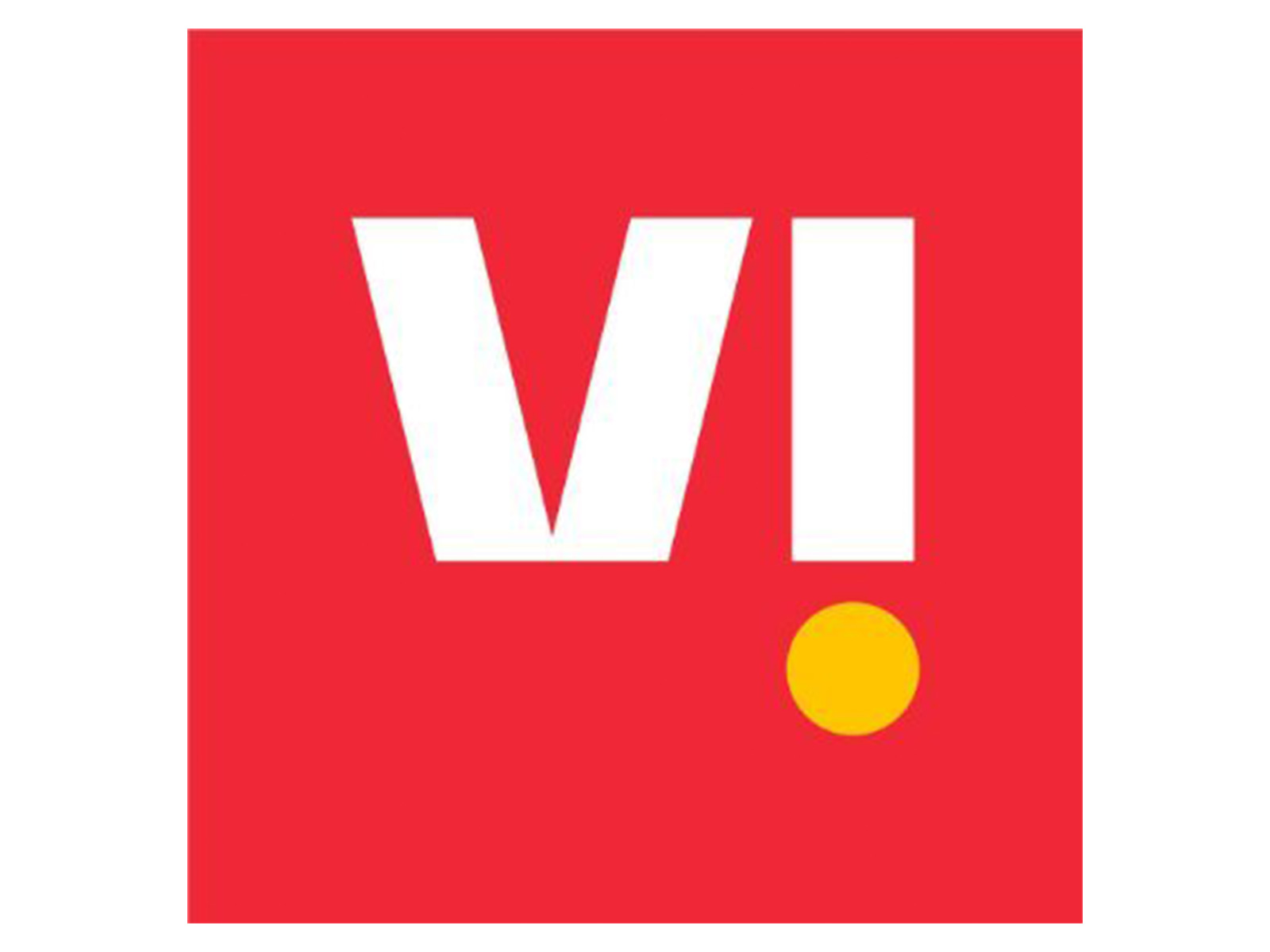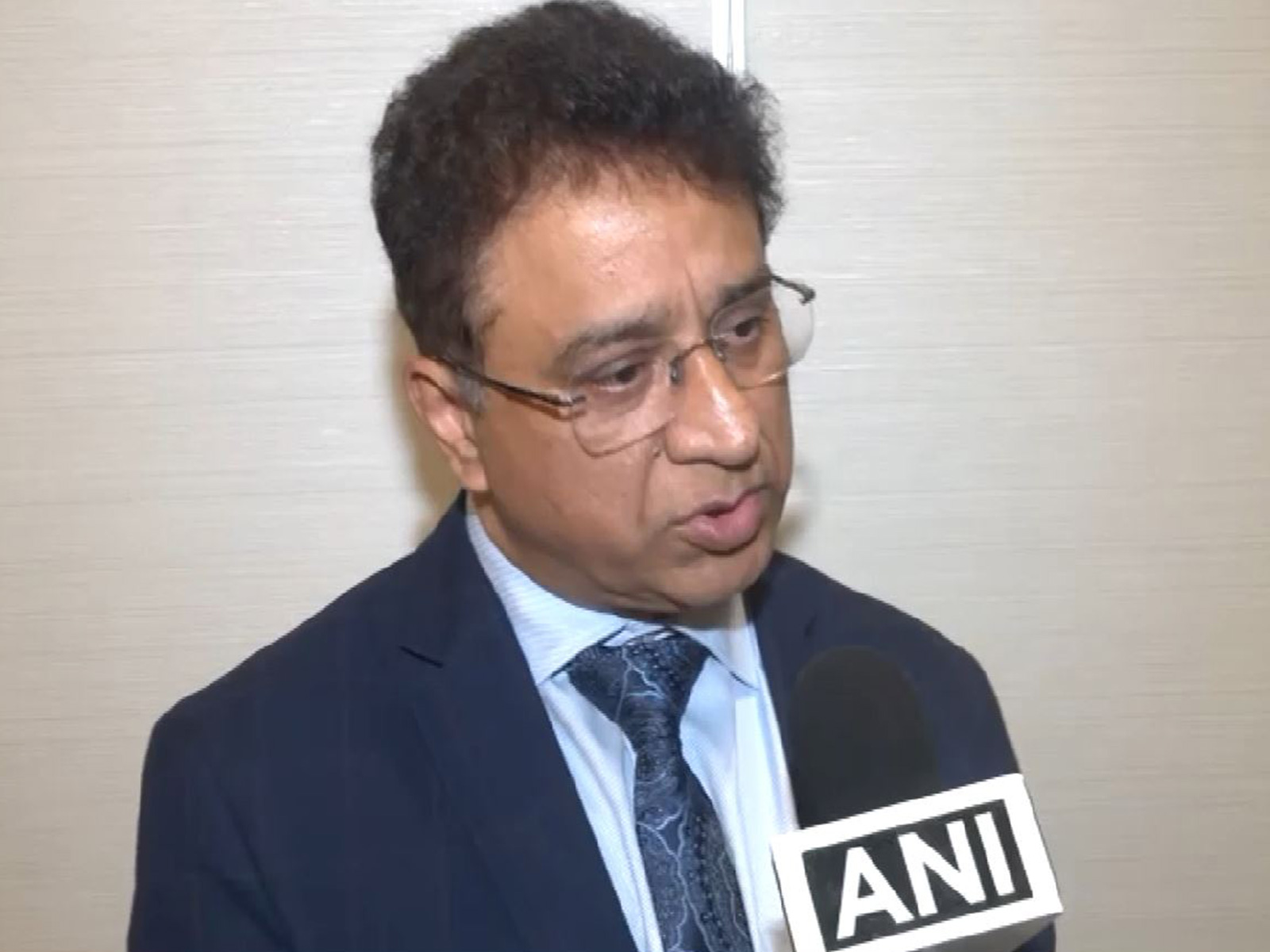Jio launches 5G services in 27 cities taking total to 331; Details here
Mar 08, 2023

Mumbai (Maharashtra) [India], March 8 : Reliance Jio on Wednesday launched its high-speed 5G services in 27 cities in India, taking the overall coverage to 331 cities.
Jio users in these 27 cities will be invited to the Jio Welcome Offer, to experience Unlimited Data at up to 1 Gbps+ speeds, at no additional cost.
Following is a table listing out names of those cities where Jio 5G services are launched:
"On this festive occasion of Holi, we are happy to announce the launch of Jio True 5G services in 27 additional cities across 13 states, taking the benefits and reach of Jio's True 5G services to 331 cities across the nation," a Jio spokesperson said in a release.
"We want every Jio user to enjoy the transformational benefits of Jio True 5G technology in 2023. By embracing True 5G, Jio will create nation-first platforms and solutions that will transform skill development, education, healthcare, agriculture, and many such sectors, with the promise of enabling a better life for every Indian."
The spokesperson reiterated that by December 2023, Jio 5G will cover every town/city in the country.
Notably, telecom service providers in India started providing high-speed 5G services in the country in October 2022 onwards.
The government issued spectrum allocation letters to telecom service providers in August 2022, asking them to prepare for the rollout of 5G services in the country.
Department of Telecom had received total bids worth Rs 1.50 lakh crore from the 5G spectrum auction.
What is 5G, and how is it different from the current 3G and 4G services?
5G is the fifth-generation mobile network capable of transmitting a large data set at a very rapid speed.
In comparison to 3G and 4G, 5G has a very low latency which will enhance user experiences in various sectors. Low latency describes the efficiency of processing a very high volume of data messages with a minimal delay.
The 5G rollout is also expected to bring more development in remote data monitoring in sectors such as mining, warehousing, telemedicine, and manufacturing, among others.



















